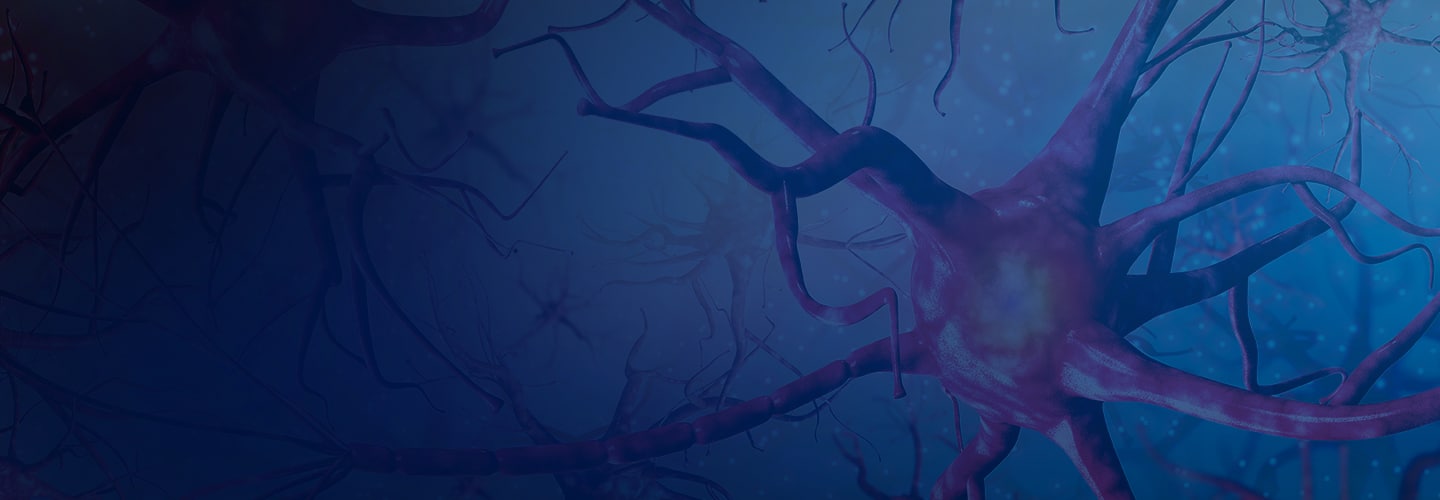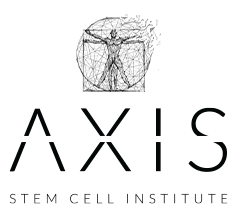
Exosomes are an immunological allograft product secreted by all cells that carry a myriad of signaling proteins that modulate inflammation. They stimulate stem cell bio-activity and direct communication to help repair and reconstruct tissue. They conduct signaling of mesenchymal stem cells to improve activity and efficacy.
What Can Exosomes Provide?
ExoFlo exosomes are isolated from bone marrow-derived mesenchymal stem cells (MSCs) which contain no preservatives and are involved in cell to cell communication containing over 200 signaling proteins which provide:
- Anti-inflammatory cytokines
- Angiogenic growth factors
- Anti-tumor signals
- Help inhibit apotheosis (cell survival)
- Regenerative & healing signals
- Messenger RNA (mRNA) – ON Switch
- Turn on regenerative mechanisms
- Activate anti-inflammatory cytokines
- Turn on angiogenic growth factors
- Many other signals
- Micro RNA (miRNA) – OFF Switch
- Turn off chronic inflammatory cytokines
- Turn off matrix catabolic enzymes
- Many other signals
Exosomes may be used as solo therapy or in conjunction with Mesenchymal stem cell therapy to boost the activity and efficacy of the stem cells while providing many of its own biological benefits.
Exosomes FAQs
Are exosomes better than stem cells?
Choosing between stem cells and exosomes depends on each patients’ needs and symptoms. Exosomes are acellular and act as Stem cell recruiters, which differ from the cellular mesenchymal stem cell. Indication for either depends on the patient’s presentation, biogenetic makeup, and therapy plan. Both Exosomes and Stem cells can also be used in combination. It is best to consult with a provider regarding the best option for you.
Are exosomes FDA approved?
No Exosome products are approved in the US yet. Exosomes are currently in phase 2 research trials seeking FDA approval to become an investigational new drug. It is important that Exosomes are harvested and bottled in an FDA regulated GMP facility where sterility is maintained. This is an important question to ask your provider prior to booking your procedure.
Are exosomes safe?
Generally speaking, exosomes treatments pose very little risk and offer a great number of healing abilities. Before your exosome treatment at Axis Stem Cell Institute, our team of experts will carefully evaluate your health to determine whether exosome treatment is safe and recommended for you.
Are exosomes stem cells?
Exosomes are a type of extracellular vesicle that are released by stem cells. Exosomes are not the same as stem cells; rather, they signal stem cell activity and act as stem cell recruiters.
Do exosomes contain DNA?
Exosomes do not contain any DNA or genetic material. They do contain mRNA which plays a role in turning on the bodys innate regenerative capabilities, promoting angiogenesis, and increasing the production of anti-inflammatory cytokines.
How do exosomes work?
Exosomes are comprised of over 100 different growth factors and thousands of regulatory proteins that assist in cell signaling and recruit the bodys innate healing abilities. Exosomes contain angiogenic growth factors like VEGF which stimulate new blood influx to the area of injury. Fibroblastic growth factors such as FGF and bFGF stimulate collagen and elastin production to create new tissue and repair whats damaged. Exosomes can transfer molecules from one cell to another cell via membrane vesicle trafficking
How long does exosome therapy last?
Exosome therapy provides a regenerative non-surgical, non-medicinal option for treating wounds, injury, and disease. As exosomes work to decrease inflammation, repair tissue, and modulate disease, the longevity of the improvements is measured on a case by case basis. There are often times that we will have patients that are completely remediated by an exosome treatment and others that opt for multiple.
How were exosomes first discovered?
Exosomes were first discovered in 1983 by Stahl and group and Johnstone and group in which they were understood as a type of signaling reticulocyte found in a mammal and later labeled as an ‘exosome” by Johnstone and group in 1987.
What are exosomes exactly?
Exosomes are acellular microvesicles isolated from Mesenchymal stem cells that have been derived from bone marrow or perinatal tissue.
What are exosomes injections?
Exosomes are reparative products that can be injected into the body by way of IV, intramuscular, intraarticular, in the spinal canal to access the CNS, or into the tissue to stimulate a healing cascade. Exosomes are acellular microvesicles isolated from Mesenchymal stem cells. These exosomes can be derived from MSCs harvested from Bone marrow or perinatal tissue and are used for many different diseases and conditions.
What are exosomes made of?
Exosomes are made of messenger and micro RNA used in the cell to cell communication. Exosomes are surrounded by a membrane but do not contain a nucleus and do not complete any metabolic processes. These vesicles are composed of thousands of signaling proteins and over 100 different types of growth factors.
What do exosomes carry?
Exosomes carry molecules and nutrients between cells and act as signaling vesicles in order to simulate a healing cascade and promote regenerative processes. They contain mRNA but do not contain DNA or cell-like structures.
What does an exosome look like?
Exosomes can only be seen with the use of a proton microscope and can be visualized as small vesicles that contain a membrane. These vesicles are approximately 1/1000th the size of an actual cell.
What is exosome therapy for hair loss?
Exosomes have been widely used in the regenerative medicine market for the regeneration of hair follicles in patients suffering from hair loss. A combination of injection and microneedling is used to create a micro-injury to the scalp and stimulate the healing cascade and in turn repair and regenerate damaged follicles.
What is exosomes Therapy?
Exosomes are reparative products that can be used as a non-surgical, non-medicinal therapy to stimulate regeneration. Exosomes are injected into the body by way of IV, intramuscular, intraarticular, in the spinal canal to access the CNS, or into the tissue to stimulate a healing cascade. Exosomes are acellular microvesicles isolated from Mesenchymal stem cells. These exosomes can be derived from MSCs harvested from Bone marrow or perinatal tissue and are used for many different diseases and conditions.
Where are exosomes found?
Exosomes are micro extracellular vesicles produced in the endosomal compartments of most eukaryotic cells and once secreted are referred to as exosomal, or exosomes. They can be found in biological fluid like blood, urine, and Cerebrospinal fluid.
Are exosomes dangerous?
Exosomes are a safe non-surgical, non-medicinal option for treatment for patients seeking help with chronic disease, joint pain, arthritis, and neurodegenerative conditions among many others.
How do you get exosomes?
After a thorough consultation with your medical provider, if exosomes are indicated, they will be ordered and shipped to the clinic at which they will be administered. You must be a board-certified medical provider to order and inject exosomes.
How long does it take for exosomes to work?
Once injected into the area of need, exosomes will begin to work immediately by modulating inflammation and stimulating the healing cascade. Your medical provider will be able to give you a proper healing timeline depending on your condition and severity.
Can exosomes cause cancer?
There has been no evidence thus far of cancer promotion or proliferation as a result of the use of exosome therapy. It is important to consult with a licensed medical provider to discuss pertinent medical history and be sure exosomes are the safest most effective option for your condition.
How much do exosomes cost?
Exosomes are priced per vial. Depending on the size of the vial indicated prices may vary. After consultation with a medical provider, you will be given a recommendation of the number of exosomes needed and the cost. Each therapy plan is tailored specifically to each individual patient so it is important to get a personal assessment.
What are exosomes used for?
Exosomes are reparative products that can be used as a non-surgical, non-medicinal therapy to stimulate regeneration and healing. Exosomes are acellular microvesicles isolated from Mesenchymal stem cells. These exosomes can be derived from MSCs harvested from Bone marrow or perinatal tissue and are used for many different diseases and conditions. Exosomes are injected into the body by way of IV for systemic conditions, intramuscular to repair tissue, intraarticular to stimulate cartilage growth and repair, into the spinal canal to access the CNS, or into soft tissue to stimulate a healing cascade. Exosomes can be used for many different conditions including but not limited to joint pain, arthritis, sports injuries, hair regrowth, sexual dysfunction, MS, concussion, Neurodegenerative disease, and chronic pain.
How big are exosomes?
Exosomes measure at approximately 30nm-150nm in size, which is about 1/1000th of cell size.
Are Bone marrow-derived exosomes better than those derived from perinatal tissue?
Published Peer-reviewed studies have discussed that Bone Marrow derived exosomes have a higher yield of growth and signaling factor concentration when compared to perinatal tissue. Both bone marrow-derived exosomes and perinatal derived exosomes seem to deliver a favorable outcome for the repair of tissue and inflammatory modulation.
Which type of exosomes is better?
Both Bone marrow-derived exosomes and perinatal derived exosomes have proven to yield a favorable outcome in patients looking to repair tissue, modulate inflammation, and recruit stem cell activity.
SCHEDULE A CONSULTATION
At Axis Stem Cell Institute, we believe that the path to living your best life is through a healthy body, mind, and outlook. However, chronic conditions can greatly affect your quality of life and prevent you from living an active lifestyle. In many cases, your only options can be a lifetime of medications or expensive surgery. We seek to provide the best in stem cell therapies to rejuvenate your body using your own cells and tissues so that you can regain your well-being. Our expert providers stay up-to-date on the latest in scientific research and advancement so that we can help you make the right choice for yourself and your body.
To schedule a consultation at our Seattle or St. Petersburg office by calling 206.823.0960 or filling out our online form. Our patient coordinators can guide you through the booking process to schedule a consultation with our stem cell experts.
Not ready for an appointment? ask us below!

